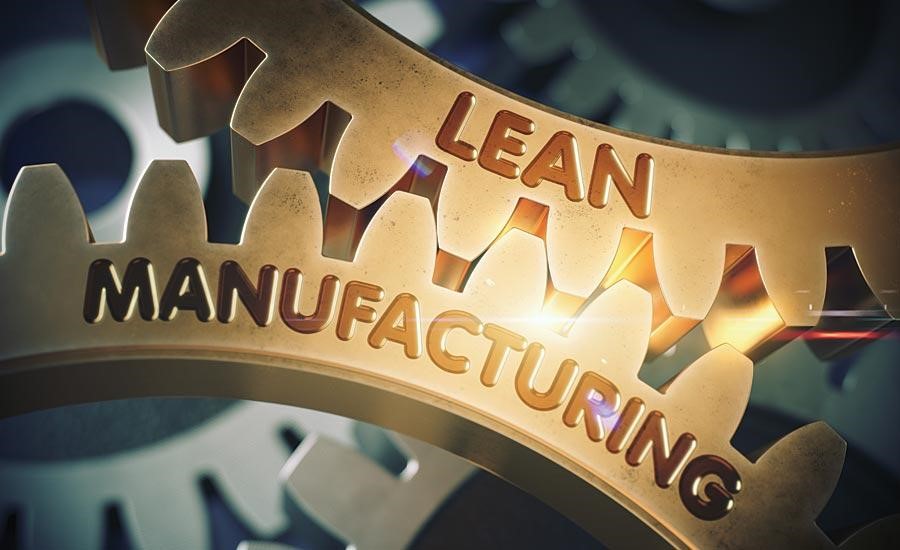
Manufacturing industries worldwide are continually searching for methods to enhance their processes, improve product quality, and increase overall efficiency. At the forefront of this movement stands the lean manufacturing consultant. Their primary objective? Facilitate lasting culture change to propel companies towards operational excellence. But how exactly do they accomplish this? Let’s delve in.
Introduction: Lean Manufacturing and its Significance
Lean manufacturing is more than just a trendy methodology; it’s a mindset. Rooted in the principles of continuous improvement and waste reduction, its main goal is to streamline operations and heighten customer value. But for these principles to take root and thrive, a significant shift in culture is necessary. This is where the role of a lean manufacturing consultant becomes indispensable.
1. Educating the Workforce
- Understanding the Lean Philosophy
Before any practical change can occur, it’s paramount that the entire team understands the philosophy of lean. Lean manufacturing consultants break down complex concepts into digestible chunks, ensuring everyone from the shop floor to the C-suite is on the same page.
- Providing Tools and Techniques
Once the philosophy is ingrained, the consultant introduces various tools and techniques. From Kanban systems to value stream mapping, these tools enable the workforce to visualize and improve their processes.
2. Facilitating Culture Shift
- Leading By Example
A lean manufacturing consultant doesn’t merely preach; they act. By demonstrating best practices and embodying the lean mindset, they inspire others to follow suit.
- Fostering Open Communication
For lean principles to take root, open communication is essential. Consultants encourage dialogue, ensuring that feedback is welcomed, and every voice is heard.
Also Know: List of Top 50+ Custom Software Development Companies
3. Continuous Improvement and Sustainment
- Monitoring Progress
Consultants help companies set benchmarks and monitor progress. Through regular audits and reviews, they ensure that the momentum is maintained and improvements are consistent.
- Adapting to Change
The world of manufacturing is ever-evolving. Lean manufacturing consultants equip teams with the ability to adapt, ensuring that even in the face of change, the lean culture remains robust.
4. Challenges and Solutions in Implementation
- Overcoming Resistance
It’s human nature to resist change, especially when established processes have been in place for years. A lean manufacturing consultant is skilled in managing change resistance. They don’t just dictate changes; they collaborate, engaging employees at every level to understand their concerns and find mutually beneficial solutions.
- Resource Management
Often, organizations feel they lack the necessary resources – be it time, personnel, or financial means – to effectively implement lean practices. Consultants assist in optimizing available resources, demonstrating that often it’s not about how much you have but how effectively you utilize it.
- Evolving with Industry Trends
The manufacturing landscape is not static; it evolves with technological advancements and shifts in market demand. Consultants stay abreast of these trends, guiding companies in integrating lean principles with modern manufacturing practices.
Read more about Everything About Website Maintenance And Support Services
5. Long-term Engagement and Evolution
- Beyond Initial Implementation
The journey with a lean manufacturing consultant doesn’t end after the first successful project. Lean is about long-term growth and evolution. Consultants often engage with companies on an ongoing basis, ensuring that lean principles are deeply embedded and continue to evolve with the company’s growth.
- Training Internal Champions
For lean manufacturing to be sustainable, companies need internal champions. Consultants play a pivotal role in identifying and training these champions, ensuring there’s always someone within the organization driving lean principles forward.
- Measuring Success and ROI
One of the significant benefits of lean manufacturing is its measurable impact. Consultants assist companies in setting up metrics and KPIs, allowing for a clear view of return on investment. This not only showcases the value of lean practices but also provides data-driven insights for future strategies.
Manufacturing processes might be about machines and systems, but at their heart, they’re about people. And people, with their habits and resistances, can often be the hardest part to change. A lean manufacturing consultant doesn’t just offer tools or techniques. They offer a pathway to a new mindset, one of efficiency, adaptability, and continuous improvement. By integrating lean principles and fostering a culture of change, these consultants prepare businesses for not just the challenges of today, but those of tomorrow. As we look to the future, one thing is certain: the role of the lean manufacturing consultant will only become more pivotal.
Wrapping it Up
The extended engagement with a lean manufacturing consultant goes beyond initial implementations. By addressing challenges, ensuring long-term engagement, and adapting to industry trends, these consultants help companies to thrive in an ever-competitive manufacturing landscape. Their expertise ensures that the lean culture, once established, continues to grow and adapt, driving businesses towards sustained success.

